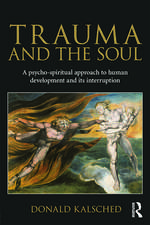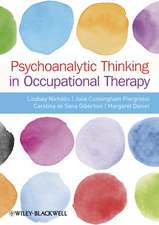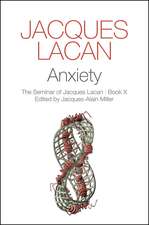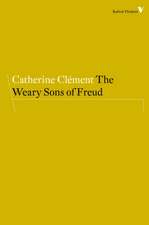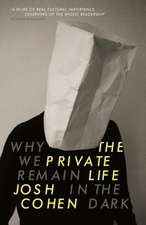Why It Is Good to Be Good
Autor John Hanwell Rikeren Limba Engleză Paperback – 20 iul 2011
| Toate formatele și edițiile | Preț | Express |
|---|---|---|
| Paperback (1) | 402.44 lei 6-8 săpt. | |
| Rowman & Littlefield – 20 iul 2011 | 402.44 lei 6-8 săpt. | |
| Hardback (1) | 667.31 lei 6-8 săpt. | |
| Rowman & Littlefield – 19 aug 2010 | 667.31 lei 6-8 săpt. |
Preț: 402.44 lei
Nou
Puncte Express: 604
Preț estimativ în valută:
77.03€ • 83.70$ • 64.75£
77.03€ • 83.70$ • 64.75£
Carte tipărită la comandă
Livrare economică 21 aprilie-05 mai
Preluare comenzi: 021 569.72.76
Specificații
ISBN-13: 9780765707918
ISBN-10: 0765707918
Pagini: 177
Dimensiuni: 152 x 226 x 13 mm
Greutate: 0.32 kg
Editura: Rowman & Littlefield
ISBN-10: 0765707918
Pagini: 177
Dimensiuni: 152 x 226 x 13 mm
Greutate: 0.32 kg
Editura: Rowman & Littlefield
Notă biografică
John H. Riker, PhD, is professor of philosophy at Colorado College. His publications include Ethics and the Discovery of the Unconscious, Human Excellence and an Ecological Conception of the Psyche, and The Art of Ethical Thinking.



